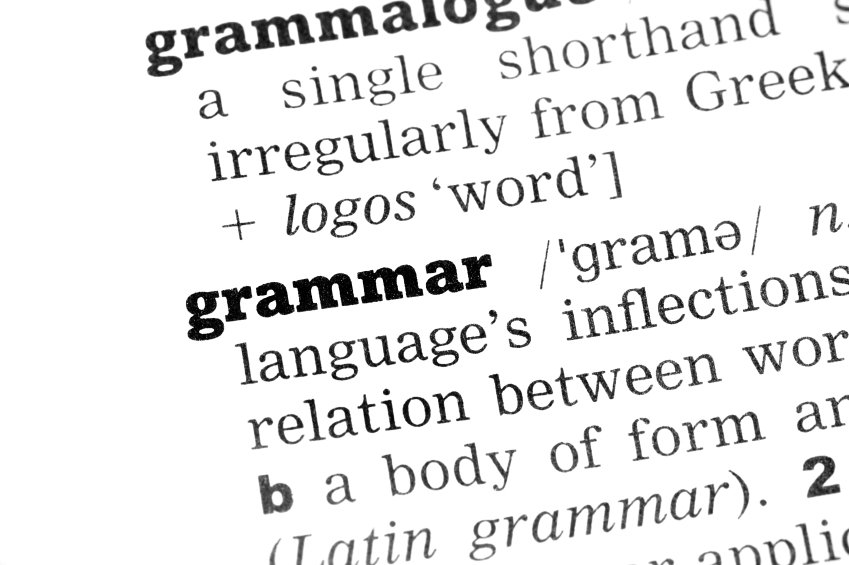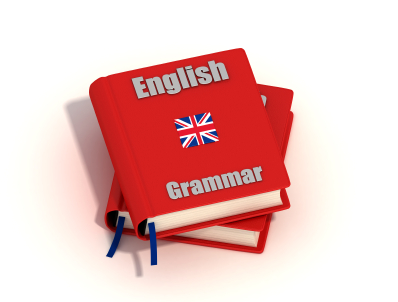It’s amazing how words we use every day can trip us up so spectacularly. Take ‘has’ and ‘have’ for example. Both words can be used to show possession and they are important when it comes to perfect tense. ‘Had’ is the past tense of both ‘has’ and ‘have’ ‘To have’ is a verb and as …
Tag: grammar
Permanent link to this article: https://eviemcrae.com/?p=2249
Maybe or may be?
As an editor I often see these words confused, however, they are not interchangeable. You can’t rely on spell-checker to flag misuse of these words either (unless you’ve made a typo) so it’s important to understand the difference between the two and know when you should use ‘maybe’ and when you should use ‘may be’. Maybe …
Permanent link to this article: https://eviemcrae.com/?p=1848
Split Infinitives
“The English-speaking world may be divided into (1) those who neither know nor care what a split infinitive is; (2) those who do not know, but care very much; (3) those who know and condemn; (4) those who know and distinguish. Those who neither know nor care are the vast majority, and are happy folk, …
Permanent link to this article: https://eviemcrae.com/?p=1470
Ellipses
I have to admit it! I am a huge fan of the ellipsis (or ellipses if we are using the plural). I don’t use it too often in professional writing, but I notice I am prone to using it in more casual and personal communications such as Facebook or in an email. It’s a habit …
Permanent link to this article: https://eviemcrae.com/?p=958
Is it complimentary or complementary?
Both of these spellings exist and are very often used in the wrong context; this can, of course, have a negative impact on the writer/company using the wrong version and can damage hard-won image. Complement This always has the meaning of ‘completing a set/making up a whole’. This is used when saying that a tie …
Permanent link to this article: https://eviemcrae.com/?p=312





